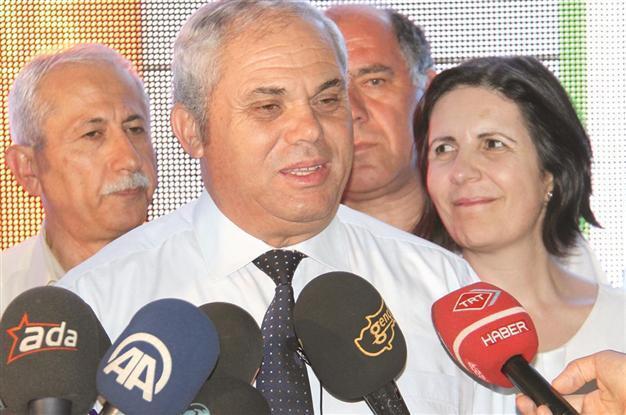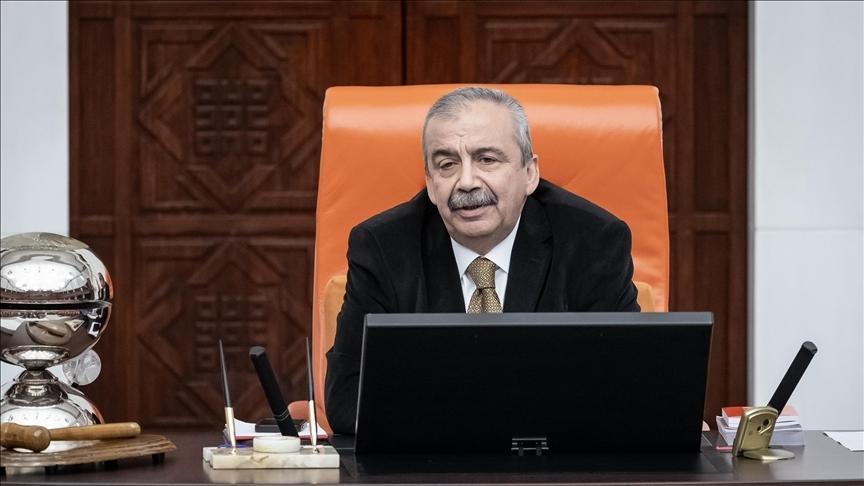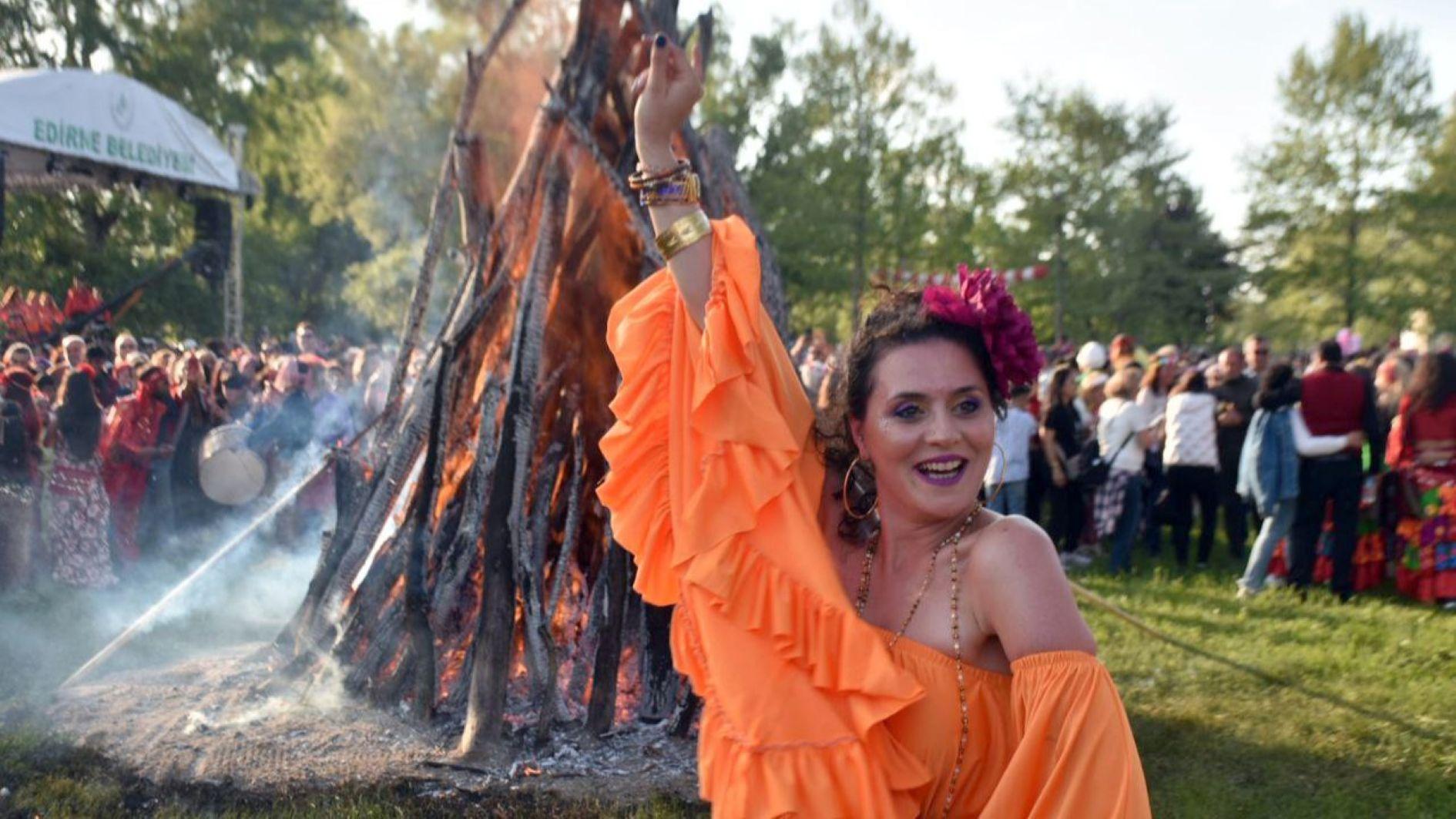Bargaining starts in Turkish Cyprus after opposition win
NICOSIA

CTP-BG leader Yorgancıoğlu talks to reporters after the election win. AA photo
Voters in northern Cyprus went to the polls July 28 to select a new government, but the real work is likely to begin in earnest now as the Turkish Party-United Front (CTP-BG) goes searching for a coalition partner after emerging as the largest party, albeit without a majority.Özkan Yorgancıoğlu’s party received 38.49 percent of the vote, giving it 21 of 50 seats, followed by the National Union Party (UBP), which received 27.16 percent and 14 seats. The kingmaker, however, could be Serdar Denktaş’s Democrat Party-Nationalist Powers (DP-UG).
Son of late former President Rauf Denktaş, Serdar Denktaş came third with 23.1 percent and took 12 seats. Serdar Denktaş said his party would join the government in all cases except for a possible grand coalition between the CTP-BG and UBP.
A new government should be established within 15 days after the High Election Council declares the official results. President Derviş Eroğlu will then give the mandate of forming a government to a lawmaker who can pass a vote of confidence.
According to practices, the president is expected to give the task to Yorgancıoğlu. The CTP-BG leader has two options: a coalition with UBP or DP-UG. Analysts say Yorgancıoğlu will choose DP-UG to hold bargaining power high and to have more ministries. Both parties have vowed to call the government to account.
The head of the International Relations department of Eastern Mediterranean University, Professor Dr. Ahmet Sözen, said a coalition between the CTP-BG and the DP-UG was the most likely scenario. “Both parties have complained about the former government’s policies and it is a high probability that they will be in a coalition,” Sözen said. The early elections were held after the UBP government fell in May.
The New Cyprus Party (YKP) and the Cyprus Socialist Party (KSP) boycotted the vote. The center-left Communal Democracy Party (TDP) took 7.41 percent of the vote, giving it three seats.
“It has clearly emerged that the people do not approve of the former government’s policies. Our people have entrusted us with the task of forming a government. We are going to assess the situation in the coming days,” said Yorgancıoğlu.
Turnout was 69.61 percent among the 173,000 registered voters, roughly the same proportion as in 2009.
Eroğlu called for an urgent dialogue between the rival parties. “I think these elections are an opportunity to begin such a dialogue straight after the vote,” he told reporters.
















